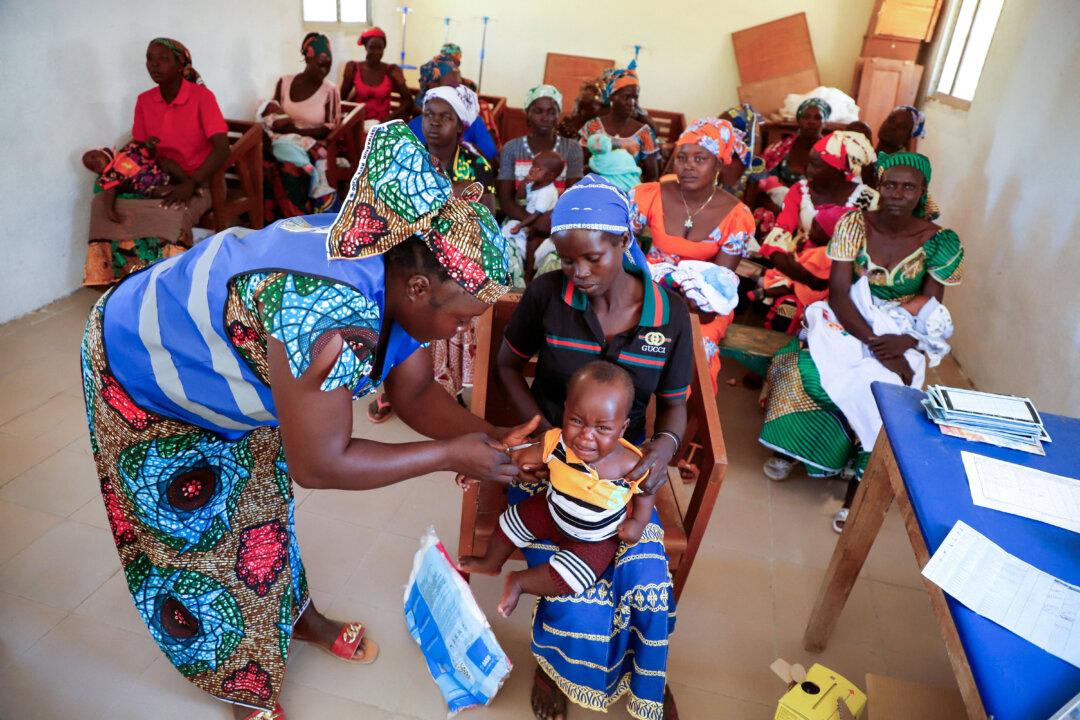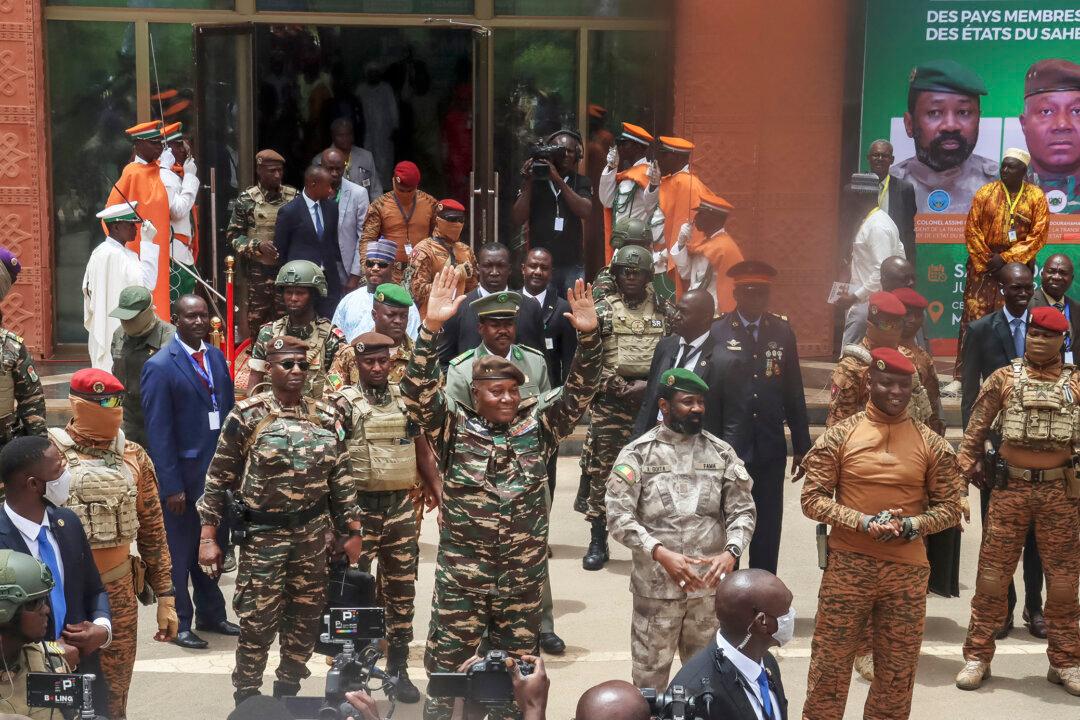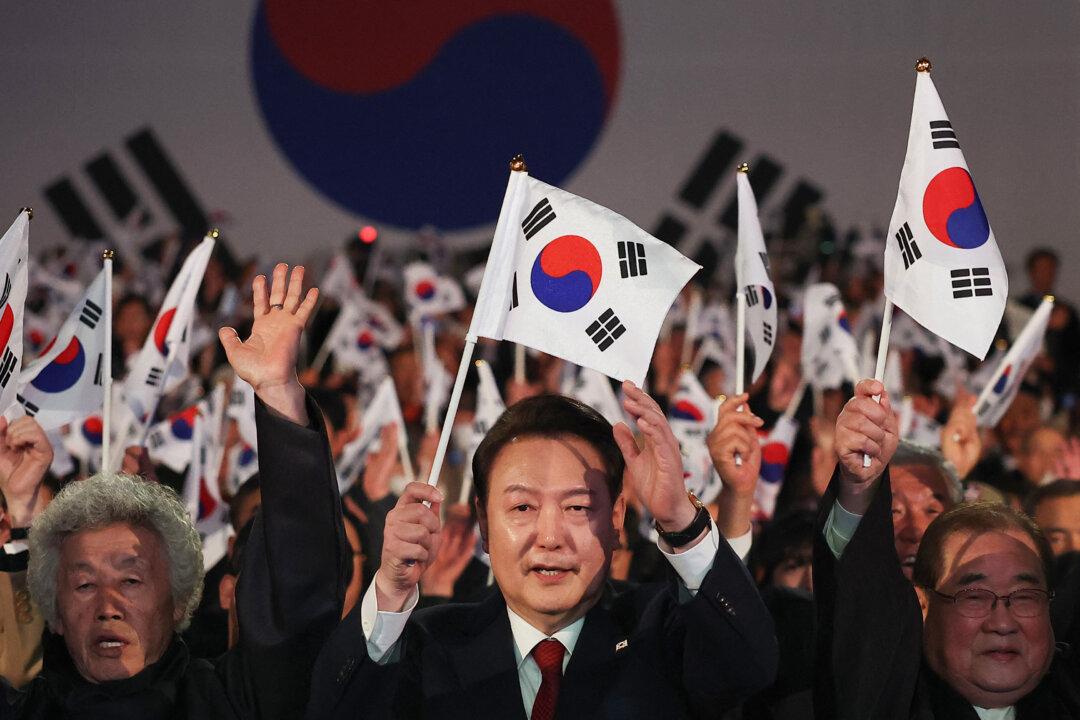Cameroon and the Central African Republic (CAR) have formed an alliance through their defense ministers to address the major crime hub in the scrubby savannah and semi-tropical border areas between the two African countries.
The large border areas linking Cameroon, the CAR, and Chad are increasingly becoming one of the world’s unknown crime hubs, according to a top conflict resolution expert in Cameroon.





